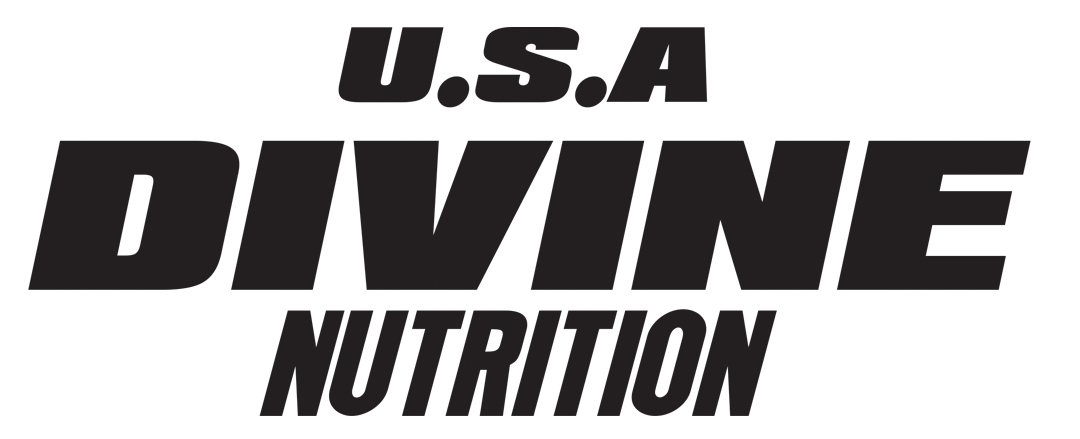The only way to build more muscle is to eat real protein. Protein powders are an easy way to nourish and satisfy your body. It helps people lose weight, improve athletic performance, build muscle and use it for a variety of common health reasons. We all need protein, but we need different amounts depending on various factors such as age, exercise therapy, sedentary lifestyle & hormonal balance.
Protein supplements help bodybuilders and athletes meet their daily requirements of Protein intake along with whole food sources. Types of protein supplements that include protein are Whey Protein powders, protein bars & weight gainers.
Protein supplements typically contain 20-30 grams or more of protein per serving and are fortified with vitamins and minerals. Protein supplements come in a variety of flavors, from fruit-flavored protein powders to cookies cream & Chocolate flavoured.
The Ingredients you should check while buying Protein Powder
Whey Protein
Whey protein makes up 20% of the protein in milk. Whey protein is a by-product of cheese making. Originally intended only as a waste product, whey protein is now the most popular protein source for protein supplementation. Whey protein is a fast-digesting protein source. Whey protein has all the 9 essential Amino acid important for growth & tissue development.
Casein Protein
Casein protein makes up 80% of the protein in milk. Casein protein is a slow-digesting protein isolated from milk. It is 92% protein and has a very "rich" taste. For this reason, it is a very popular protein among weight gainers. Casein protein has less biological value than whey although it’s slow digesting capability helps in releasing amino acids into blood stream for a longer period of time.
Egg Albumin
Egg albumin is egg white. It is popular among bodybuilders due to its high ratio of essential and non-essential amino acids and because egg whites contain higher amount of protein and almost nil fat & carbohydrates making it a very low-calorie high protein source. Eggs are often considered the king of natural proteins due to their abundance of essential amino acids. Egg protein is the best alternative for people who are lactose intolerant.
Soy Protein
Soy protein is a good quality protein source but not as effective as whey protein or casein protein. It is a fast-digesting protein source with a medium amino acid profile. For this reason, it is not the most desirable source of protein but for a vegetarian & lactose intolerant individual it can be very beneficial.
Amino Acids
The amino acid profile is simply the number of amino acids present in the protein powder. When looking at amino acid profile, you're primarily looking at the number of essential amino acids and BCAAs per serving.
There are 12 non-essential amino acids. Non-essential amino acids can be made by the body. Having a protein powder with a good essential amino acid profile is far more important than worrying about the non-essential amino acid content of the protein powder.
Creatine
Creatine is one of the most popular supplements among athletes and regular bodybuilders because it can help maintain ideal muscle energy. Creatine can also help improve several other factors. These include improving post-workout recovery, temperature regulation, injury prevention, muscle recovery, protecting the spinal cord, and recovery from concussion. Creatine also enhances the effects of resistance training on strength and body mass.
A person needs around 3 grams of creatine per day. About half comes from the diet and the rest is synthesized by the body. Food sources include red meat and fish. One pound of raw beef or salmon provides 1-2 grams of creatine.
Ingredients you should check in a Protein Powder & Avoid:
Contains additionally added BCAA/EAAs/Glutamine*
Any of these if found in “ingredients list” is always used to manipulate the total protein content on the label and are cheaper than Whey Protein. They don’t provide additional benefits in comparison to a complete protein source. They are used as a cheat code to increase protein quantity on label ‘legally' without having to give 24 or 30g of protein as claimed on the label.
















